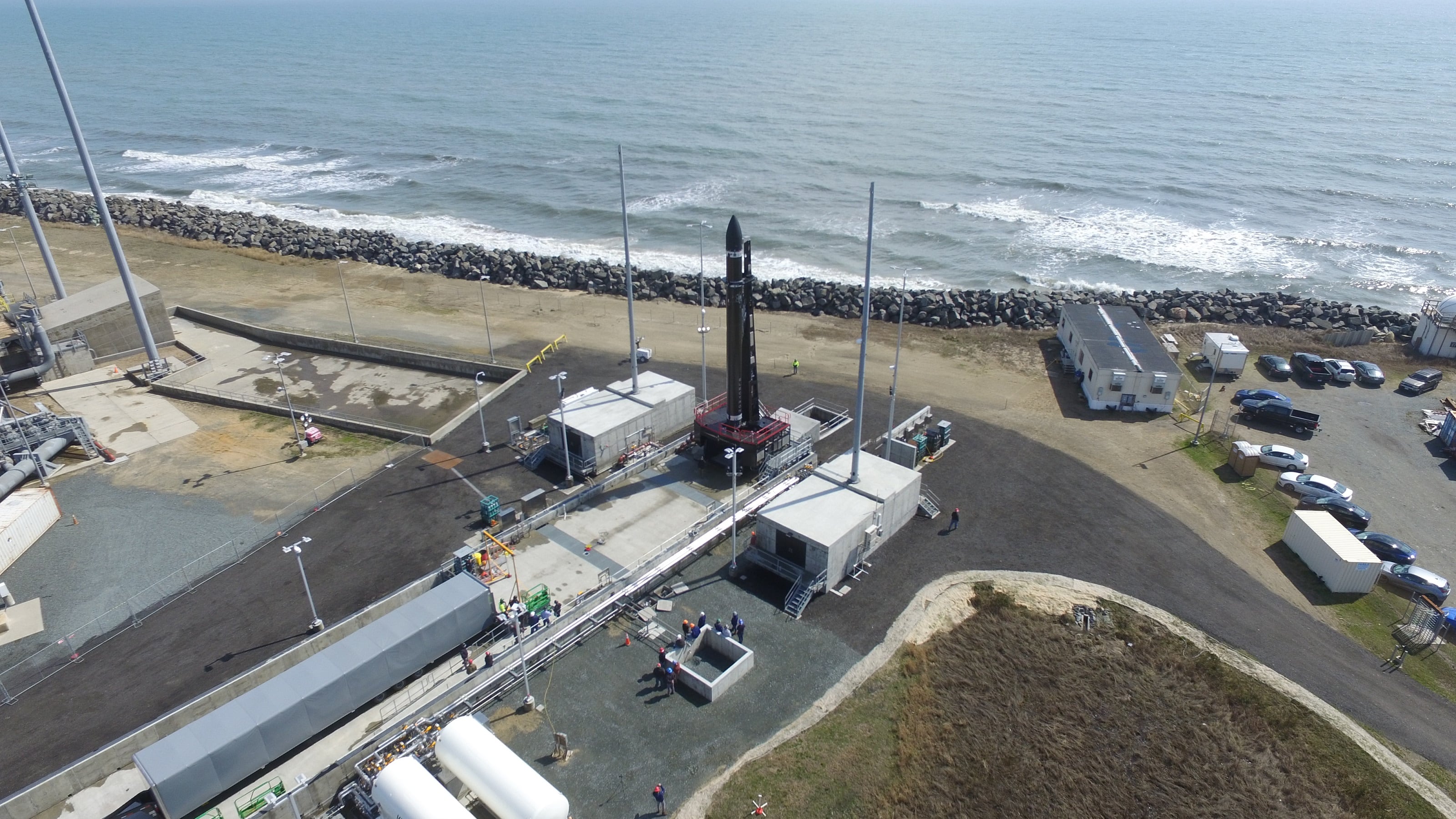The U.S. Space Force and the National Reconnaissance Office will stick with Rocket Lab for upcoming launches, despite the failure of the company’s most recent rocket launch to reach orbit.
An anomaly occurred during the small launch provider’s most recent mission, resulting in the loss of the rocket and the commercial payloads it was carrying. Rocket Lab noted in a statement that the issue occurred approximately four minutes into the July 4 flight, following a successful liftoff from its New Zealand launch pad as well as a successful first-stage burn and stage separation.
No one was injured during the event, and the company is working with the Federal Aviation Administration to investigate the anomaly.
RELATED

“We are deeply sorry to our customers Spaceflight Inc., Canon Electronics Inc., Planet, and In-Space Missions for the loss of their payloads. We know many people poured their hearts and souls into those spacecraft,” Rocket Lab Founder and CEO Peter Beck said in a statement after the launch. “Today’s anomaly is a reminder that space launch can be unforgiving, but we will identify the issue, rectify it, and be safely back on the pad as soon as possible.”
The costly failure occurred as the small launch provider has increasingly picked up business with the Defense Department and the U.S. intelligence community, both of whom have worked to leverage the commercial small launch sector for their own missions.
The NRO carried out its first mission with Rocket Lab in January, followed by a second successful collaboration in June. The agency subsequently awarded Rocket Lab a contract for two more launches in 2021.
The U.S. Air Force has launched multiple payloads with Rocket Lab since the company began offering services, and the Space Force has continued that relationship since the new service was stood up in late 2019. Rocket Lab is slated to launch a single micro-sat for the Air Force Research Laboratory’s Monolith program — which will explore whether small satellites can support large aperture payloads for space weather monitoring — in the late August/early September time frame. That will be Rocket Lab’s first launch from U.S. soil, taking place at the Mid-Atlantic Regional Spaceport in Virginia.
Both organizations are moving forward with those plans.
“The NRO has no plans at this time to shift launch providers for the [Rapid Acquisition of a Small Rocket] 3 and 4 launches slated for next year. We have been actively communicating with our partners at Rocket Lab, and the NRO will remain actively engaged with them — as well as our other launch mission assurance team members from across government and industry — to identify and mitigate any potential impacts to our future launch schedule,” an NRO spokesperson told C4ISRNET. “We are confident that our strong partnership and close collaboration with Rocket Lab during all aspects of our rigorous mission assurance process will ensure that we can move forward on NRO launches as soon as it is safe to do so.”
A Space and Missile Systems Center spokesperson told C4ISRNET that the organization will also move forward with its upcoming Rocket Lab launch.
“SMC is confident that Rocket Lab will resolve the issue evidenced in this latest launch and has no plans to seek another provider for the Monolith mission,” the spokesperson said, adding that “SMC will consider the FAA and Rocket Lab findings before our next mission.”
Nathan Strout covers space, unmanned and intelligence systems for C4ISRNET.








